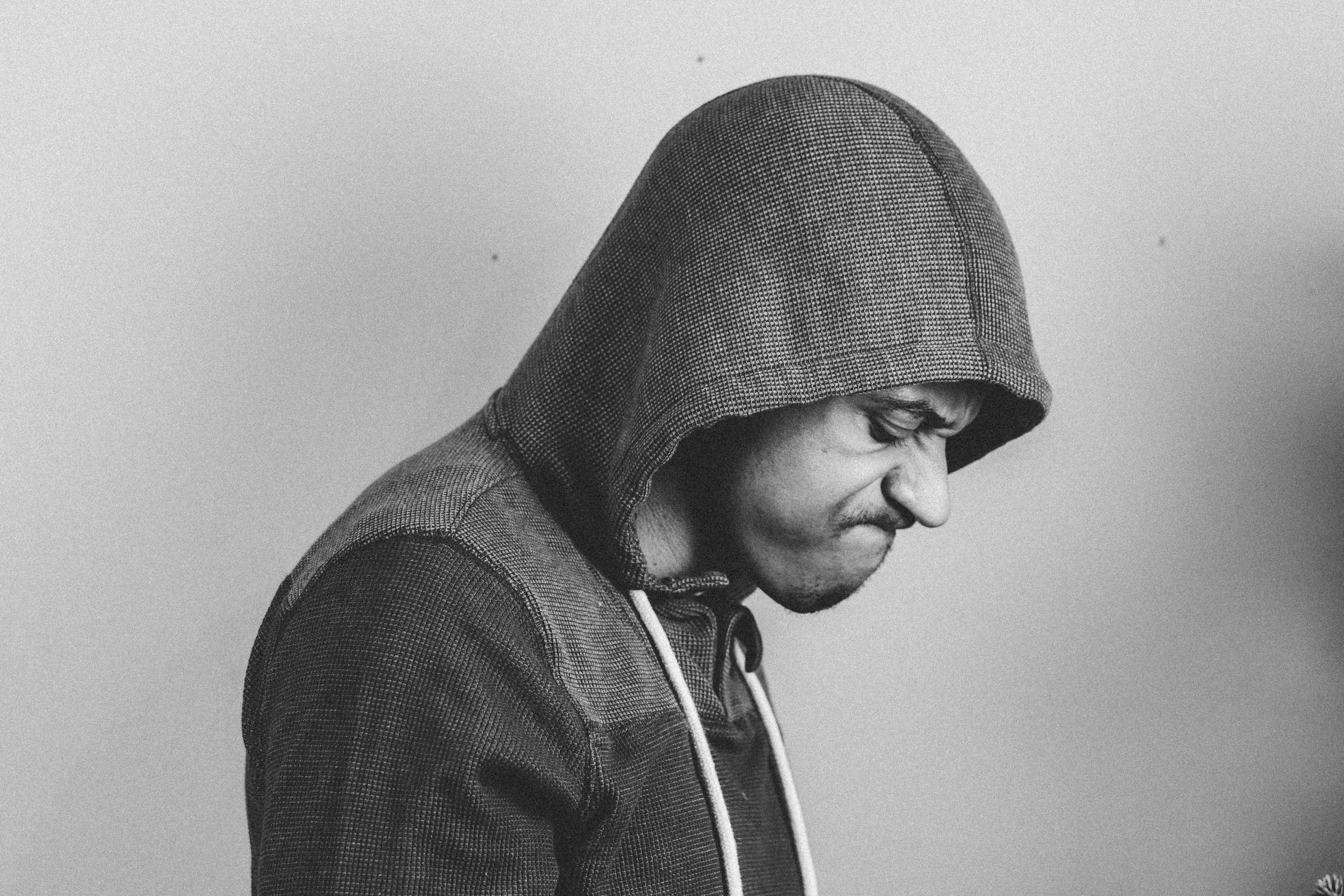
Steve had always been the kind of man people overlooked. He was kind, too kind. He never raised his voice, never stood up for himself, never put his needs first. Friends, colleagues, even strangers, everyone knew they could count on Steve to help, but no one saw him as a priority.
His own family could see it. His wife, Lisa, loved him but couldn’t ignore how easily he let people walk over him. His children barely listened to him. When he spoke, they acted as if his words carried no weight. He was there, providing, supporting, yet somehow invisible.
One evening, Steve met up with his old friend, Mark, a man who had built a name for himself in business. As they sat across from each other at a small café, Steve poured out his frustration.
“I don’t get it,” he said. “I’ve always been good to people. I help them. I do what I can. But no one respects me. No one values me.”
Mark leaned in, his expression serious. “You’re too soft, Steve. That’s the problem. People don’t respect kindness, they exploit it. If you want respect, you need to be feared.”
Steve frowned. “Feared?”
Mark nodded. “I know you might hate me for saying this, but that’s the truth. People don’t respect a man unless they fear losing something when they cross him.”
Steve sat in silence, turning the words over in his mind. A part of him wanted to argue, to say that respect and fear weren’t the same. But another part, the tired, frustrated part, felt something shift. Maybe Mark was right. Maybe the world wasn’t built for men like him.
From that day forward, Steve changed. He stopped putting others first. He stopped waiting to be chosen, appreciated, or respected. He became cold, decisive, and, most of all, ruthless.
At work, the employees who once came to him with their problems now feared his presence. If someone made a mistake, he fired them without a second thought. He spoke less but commanded more attention. His company grew. His bank account grew. And his reputation? It was no longer of a kind, humble man. It was of someone you didn’t mess with.
At first, Steve embraced it. He told himself that success was about being alone. “A Ferrari has two seats, a bus has fifty,” he’d remind himself, repeating the words of motivational speakers he now admired. Strength, power, wealth, that was what mattered.
But the more he gained, the more he lost. Friends stopped calling. His employees feared him, but they didn’t respect him. And worst of all, Lisa saw the change in him and she hated it.
The breaking point came one evening when she visited him at the office. She walked in just as Steve was firing an employee, humiliating the man in front of the entire team.
When they got home, Lisa didn’t wait. “I don’t know who you are anymore,” she said, her voice shaking.
“I’m successful,” Steve replied coldly.
“No, you’re just alone,” she shot back. “And I won’t watch you become this.”
A week later, she left, taking the kids with her.
Steve sat in his massive house, surrounded by luxury, yet feeling nothing. He had been weak and overlooked. Then he had become strong and feared. But somewhere along the way, he had lost himself.
He had spent his life moving between two extremes, never realizing that true strength wasn’t about being feared or being used. It was about balance. And now, when he finally understood that, there was no one left to hear it.